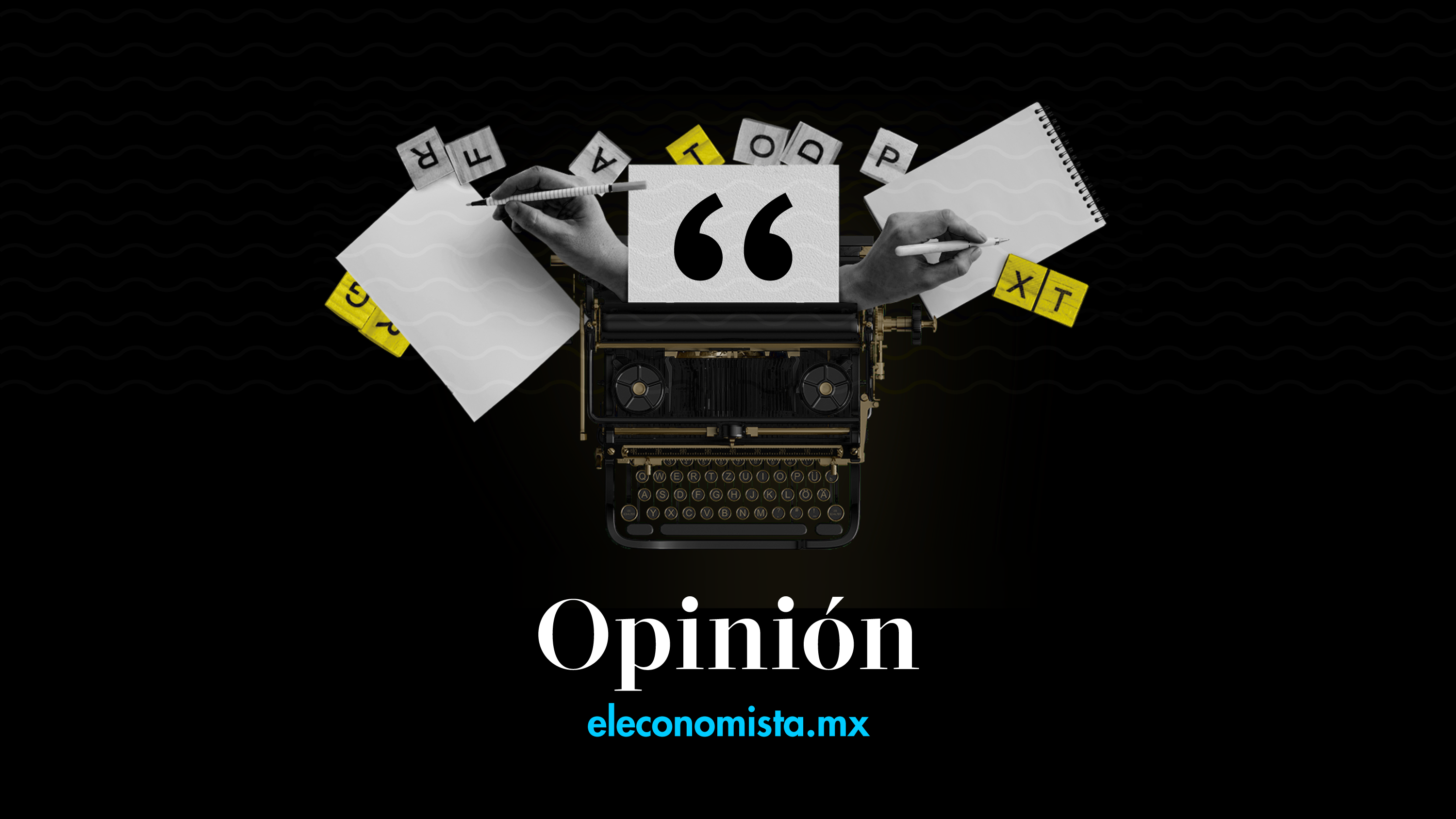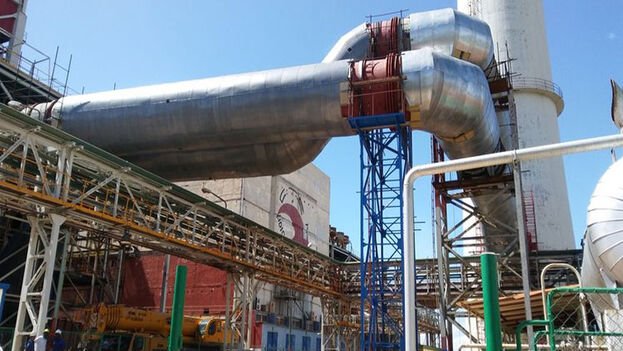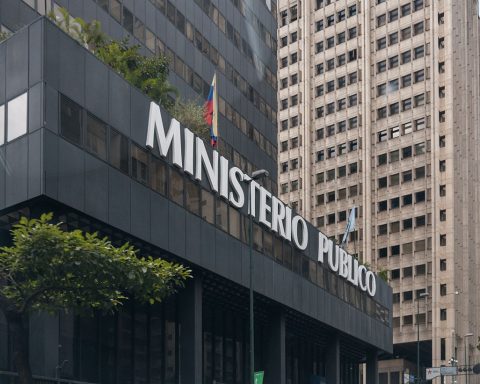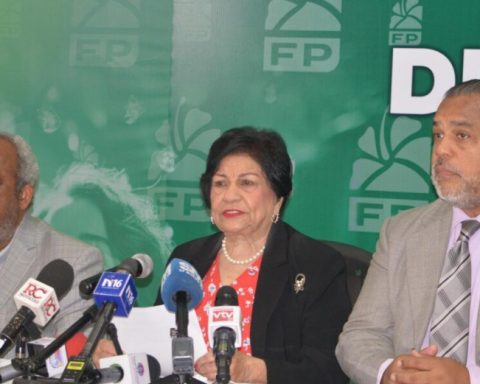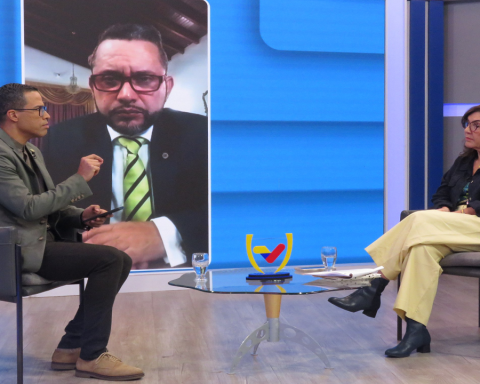Why did the financial markets react with strong movements before the United States Federal Reserve (Fed) made the decision to raise its interbank interest rate by 75 basis points?
Because the markets anticipate the signals they see, interpret them and investors make decisions accordingly.
Those who wait for things to happen without taking precautions have two possibilities. The first is that the markets have been wrong, they have overreacted and then they win because of the fears of others. The second is that they are late in making decisions and lose everywhere.
A government cannot be speculative, but it must be proactive in the face of the signals that the world’s economic-financial conditions send, and even more so when those signals are so big and obvious.
Nayib Bukele, president of El Salvador, for example, did not take precautions with the purchase of 100 million dollars in crypto assets, he speculated and lost 70% of those resources from Salvadorans.
The well-founded fear is that Andrés Manuel López Obrador could react late, or perhaps never find out, about the storm that is once again forming in the global financial skies.
The consequences of everything that has accumulated in this decade can have repercussions on the macroeconomy and its indicators, not only on the poor citizens.
The good health of Mexican public finances after the Covid-19 crisis was the result of the ultra-technocratic decision to leave millions of poor people to chance in the face of the worst crisis in 100 years in order not to increase government debt.
Inflation does not like the President and that is why he has decided to sacrifice hundreds of billions of pesos to subsidize those who have a car, a revenue deficit that is compensated by the increase in export oil prices.
But the persistence of high inflationary levels, the Mexican economy that does not recover, the more expensive money that raises the cost of public debt, the abrupt outflow of capital due to the flight to the quality of an expensive dollar and a possible new recession , should turn on the country’s financial red lights.
The Bank of Mexico must entrench itself and do its thing with monetary policy instruments. This is its stellar autonomy moment in more than a decade.
But the message from the presidency, which is where the Ministry of Finance is managed, should be to increase prudence in the exercise of public spending, its reorientation to programs that increase productive investment and its cuts in non-strategic areas such as welfare programs and without controls from the President.
Now is the time to regain the confidence of investors in sectors as important as energy and to stop fueling a social division that is taking advantage of organized crime to gain control of more territories and national activities.
Without going so far as to ask a statesman at the head of the national command, a good dose of common sense that makes understand all these signals the size of an elephant that multiply and threaten the stability that this country built in so many decades of sacrifice. Nothing more.
The Bank of Mexico must entrench itself and do its thing with monetary policy instruments. This is its stellar autonomy moment in more than a decade.
Televisa News Anchor
The great Depression
Degree in Communication Sciences from the National Autonomous University of Mexico, with a specialty in finance from the Autonomous Technological Institute of Mexico and a master’s degree in Journalism from the Anahuac University.
His professional career has been dedicated to different media. He is currently a columnist for the newspaper El Economista and news anchor on Televisa. He is the owner of the 2 pm news space on Foro TV.
He is a specialist in economic-financial issues with more than 25 years of experience as a commentator and host on radio and television. He has been part of companies such as Radio Programas de México, where he participated in VIP business radio. He was also part of the management and talent team of Radio Formula.
